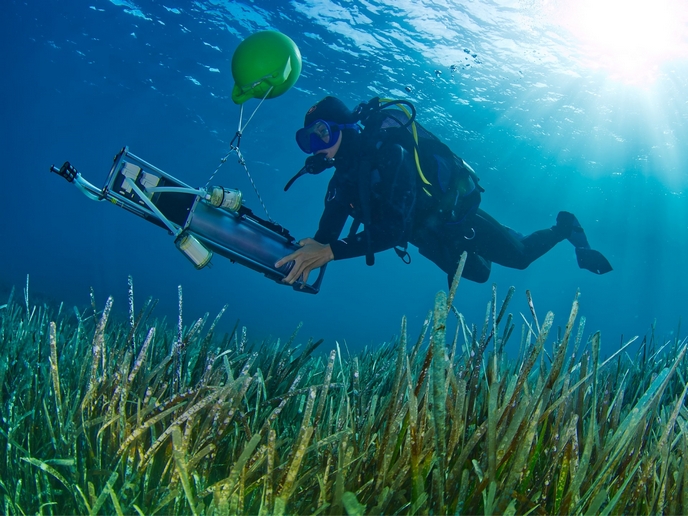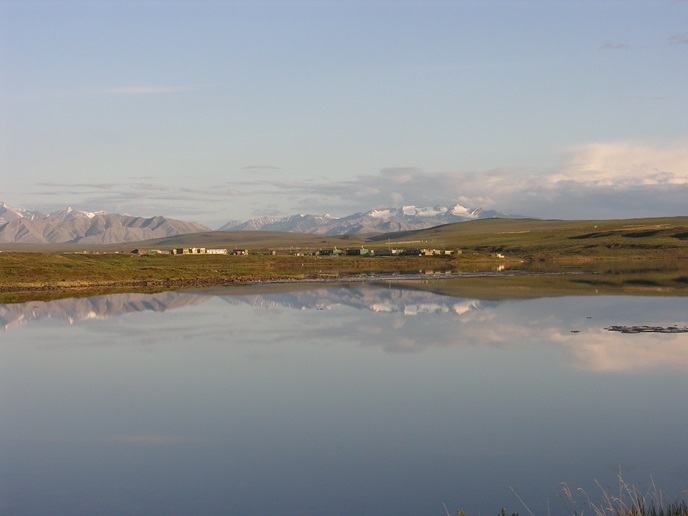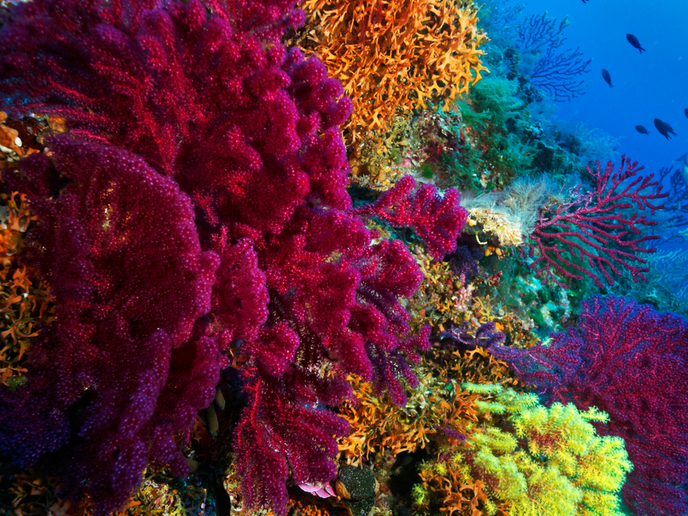Coastal biodiversity: the guardian of our planet’s ecosystems
Nearly half of the global population lives within 100 km of marine coastal regions, reaping the invaluable benefits provided by these ecosystems. In addition to human well-being, marine and coastal ecosystems play a pivotal role in supporting diverse economic activities, notably fisheries. These ecosystems exhibit remarkable resilience and an ability to adapt to environmental changes through various mechanisms. Among these, biodiversity stands out as a crucial indicator of an ecosystem’s vitality, encompassing a spectrum of life from animals to microorganisms and plants. However, these ecosystems face mounting pressures stemming from climate change and human intervention – particularly through overexploitation. This is pushing marine and coastal ecosystems to their limits, leading to shifts in ecological balance and loss of biodiversity. The ecological processes behind the provision of ecosystem services that could help us mitigate the effects of climate change are at risk.
Nature-based solutions against marine and coastal ecosystem degradation
These escalating threats were the driving force for the EU-funded MaCoBioS(opens in new window) project to take action. It explored nature-based solutions for the conservation and sustainable management of marine and coastal ecosystems against the impact of climate change. The first step was to understand the relation between climate change, biodiversity and ecosystem services. “Nature-based solutions aren't uniform; they're context-dependent, demanding tailored approaches,” emphasises Cindy Cornet, member of the project’s coordination team. Researchers developed a framework to guide practitioners in selecting the most suitable intervention depending on the societal challenge they want to address, the ecosystems and their ecological condition as well as the services they provide. From marine protected areas to coral restoration efforts, these solutions were designed to safeguard ecosystems while meeting societal needs. “Central to the implementation of these strategies is the engagement of stakeholders and especially local communities”, she continues.
Monitoring ecosystem capacity to cope with climate change
Monitoring ecosystem resilience against climate change requires diverse indicators. By reviewing the literature, the team determined critical thresholds for various ecosystems, such as coral reefs’ bleaching temperatures or how much sea level rise mangrove forests can tolerate. “Employing diverse indicators, including molecular and ecosystem-level variables, provides a comprehensive understanding of climate change impacts,” states research fellow Ewan Trégarot. Moreover, researchers used paleoclimatology(opens in new window) to retrace the growth of coral species over multiple decades and centuries in relation to specific stressors. The advantage of this method is that it provides observations at a time scale that is more relevant to climate change. Predictive modelling and machine learning also helped forecast future ecosystem conditions, offering insights into long-term resilience.
Shaping global policies on climate change
MaCoBioS consolidated a suite of tools and frameworks to guide decision-makers. According to Cornet, an integrated theoretical model, designed to answer crucial questions and facilitate implementation of nature-based solutions signifies the most significant accomplishment of the project. Key project outputs and perspectives on biodiversity and climate change have been presented at the https://unfccc.int/event/cop-27(opens in new window) UNFCCC COP27 conference while collaboration with the African Union highlighted the potential of restoring coastal and marine natural habitats for the future of African fisheries. The project’s nature-based solutions also align with the EU’s mission to restore ocean and waters by 2030. “Collectively, MaCoBioS is committed to raising global awareness on the transformative potential of nature-based solutions in safeguarding coastal habitats,” concludes Pierre Failler, Director of the Centre for Blue Governance(opens in new window) at the University of Portsmouth.







